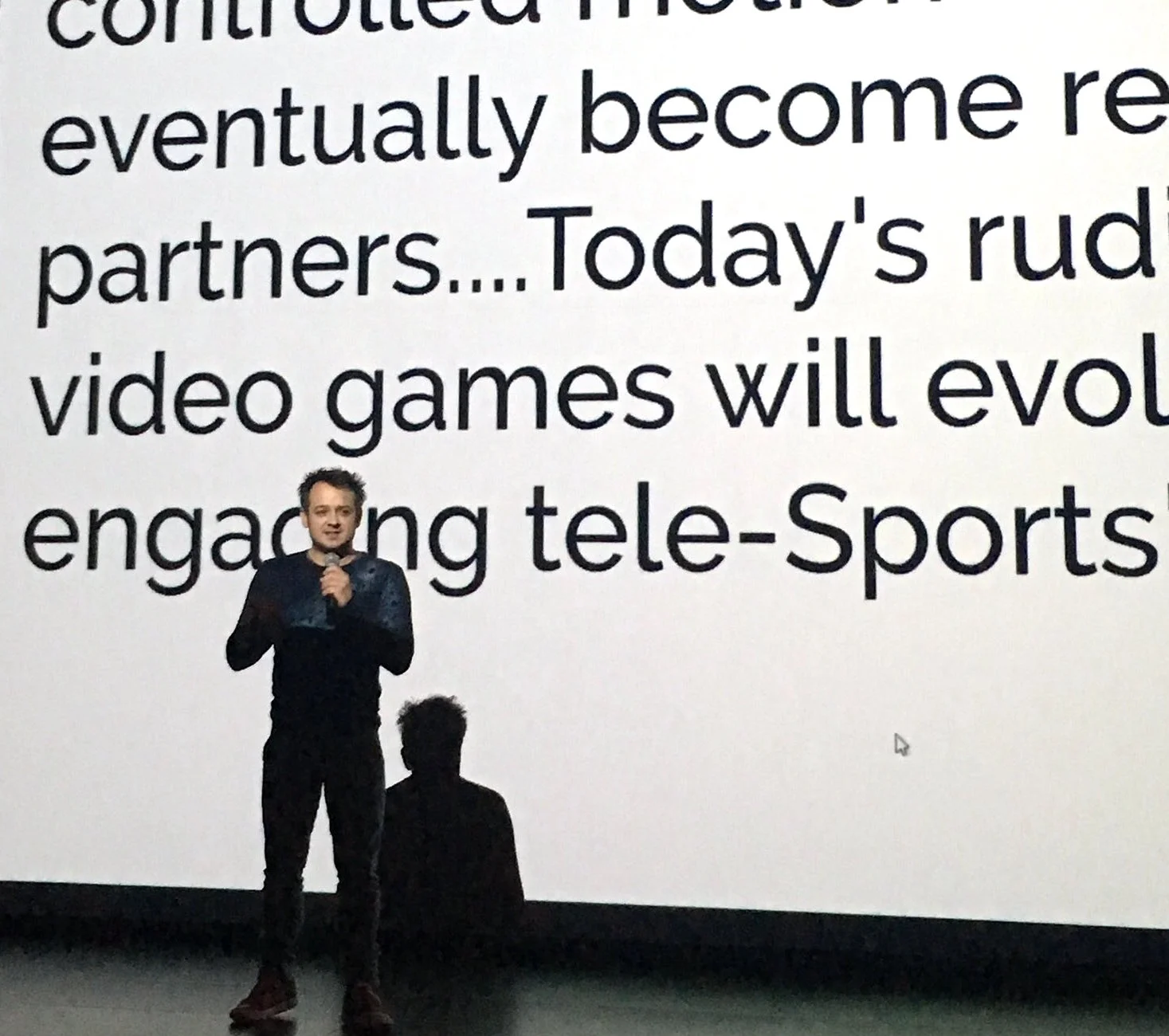
Make it stand out
What’s been happening?

Virtual Reality for Sport

Future Hospitals

Is Google Glass Intelligent? #throughglass

My Summer
Filming athletes with Google Glass at #Nanjing2014

Google Glass at the World Junior Championships

Google Glass Explorer

Mobile Media & Morality

